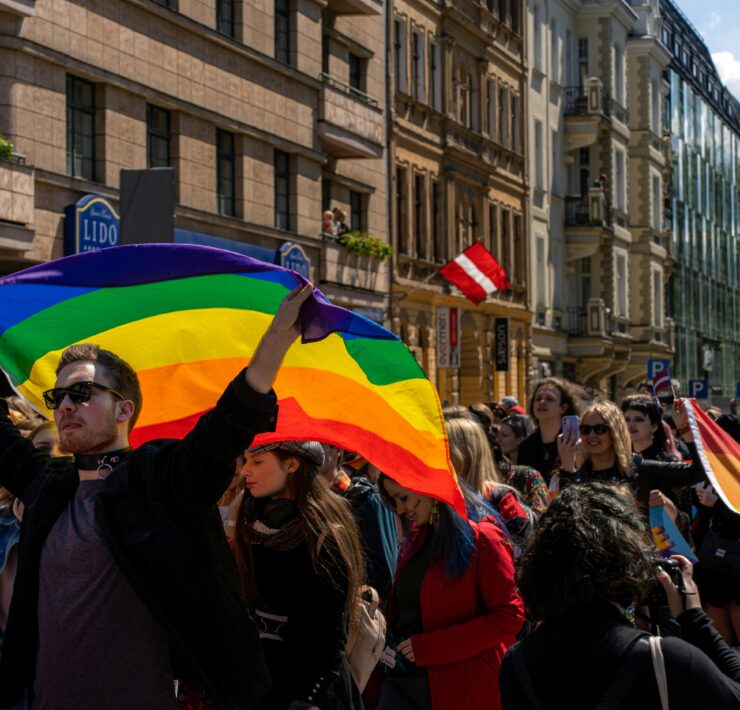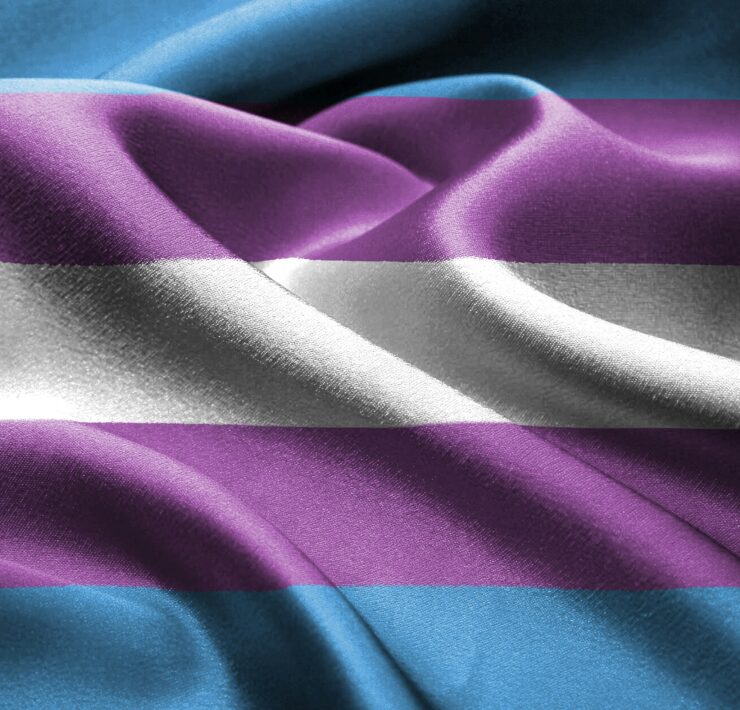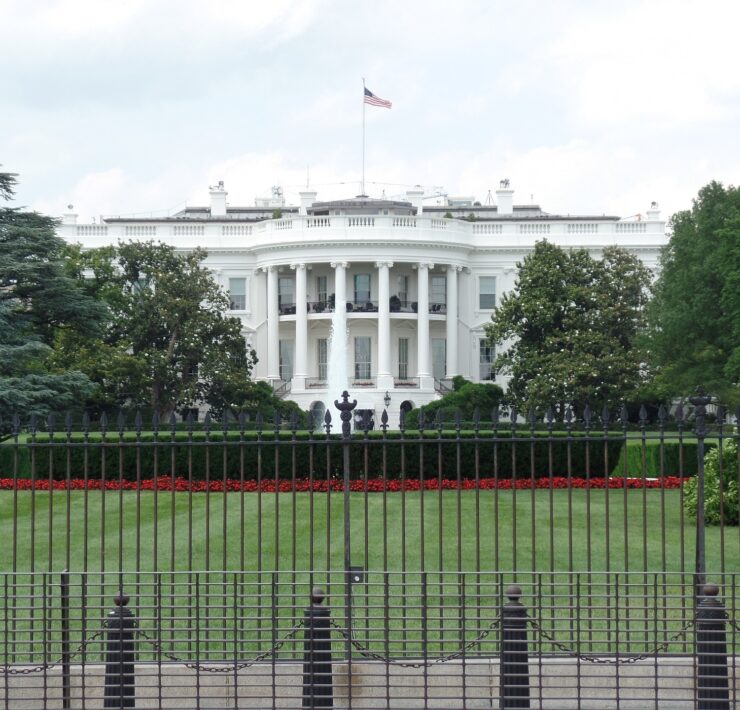National ‘Don’t Say Gay’ Bill Would Restrict LGBTQ Programs

Keegan (they/them) is a journalist/artist based in Los Angeles.
Florida’s “Don’t Say Gay” law—banning instruction on gender identity and sexual orientation in kindergarten through third grade—has been met with controversy, with anti-LGBTQ rhetoric rippling throughout the U.S. in the months since its passing.
Now, House republicans have introduced legislation many are already describing as a national “Don’t Say Gay” bill.
The bill, called the “Stop the Sexualization of Children Act,” was introduced last week and would prohibit the use of federal funds to teach children about “sexually-oriented material” and “any topic involving gender identity, gender dysphoria, transgenderism, sexual orientation, or related subjects.” The measure was introduced by Louisiana Representative Mike Johnson and co-sponsored by 32 other republicans.
(It’s unclear if these republicans understand that “any topic” involving gender identity or sexual orientation includes cisgender men and women and heterosexual people, but hey.)
In a statement, Johnson says the democratic party and their allies are on a “misguided crusade to immerse young children into sexual imagery and radical gender ideology.” The language lumps together topics like sexual orientation and gender identity with explicitly sexual topics, like pornography and stripping. The bill would prohibit federal funds from being used to support any “sexually-oriented” programs, events, and literature for kids under 10; ban federal facilities from hosting these events or literature; and allow parents and guardians to sue government officials, agencies, and private entities if a child under 10 is “exposed.”
The bill says that some school district have implemented sex-ed programs for kids under 10, with many “newly implemented sexual education curriculums encourage discussion of sexuality, sexual orientation, transgenderism, and gender ideology as early as kindergarten.” The bill also names drag queen story hours in libraries, additionally describing these events as “sexually-oriented.”
The measure is framed in terms of parental rights, as was Florida’s law. Critics and LGBTQ advocates have consistently argued that these bills are meant to marginalize LGBTQ people, children, and families. These bills characterize identity topics, like gender dysphoria, gender identity, transgenderism, and sexual orientation, as inherently explicit or sexual topics.
Of course, all the while, kids have been and continue to be subject to conversations, or explicit teaching, around cisgender, heterosexual identity—as adults historically tout the “proper” gender roles for cis boys and girls to perform, or place romantic, even sexualized, conversations on children before they are even old enough to understand what’s being said.
“Oh, look at my newborn baby boy reaching for the nurse! What a flirt! Looks like we’ve got a ladies’ man on our hands!”
Human Rights Campaign Government Affairs Director David Stacy says that “extremist House republicans” like Mike Johnson are continuing their assault on LGBTQ Americans’ “ability to live openly and honestly.”
“A federal ‘Don’t Say Gay or Trans’ bill … is their latest cruel attempt to stigmatize and marginalize the community, not in an attempt to solve actual problems but only to rile up their extremist base,” Stacy says in a statement.
As democrats have a functional majority in each chamber, the bill would not pass the current Congress, but the House and Senate could shift after November’s election results. Though, it’s still unclear how many republicans would support the bill. Even it is passed in a republican-controlled House and Senate, it would be vetoed by President Biden.
So, at least for right now, the bill likely won’t be making further headway any time soon.
What's Your Reaction?
Keegan (they/them) is a journalist/artist based in Los Angeles.










